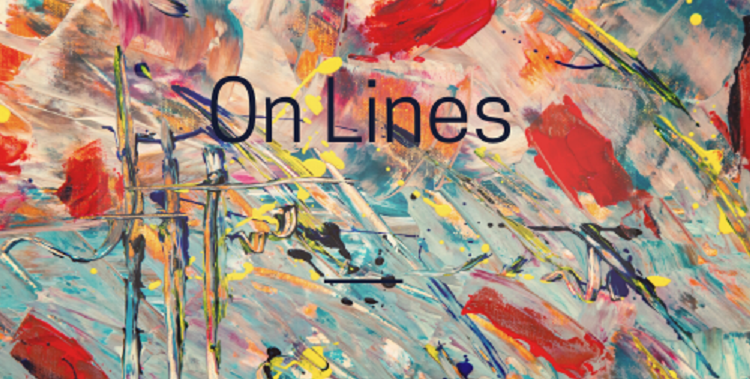Albus McInerney edits a literary magazine.
Kim surprised us.
‘I had a call from a studio this week.’
‘A studio?’
‘A film studio.’
A film studio!’
Is it Zoom, or do poets lose the capacity to articulate when they have to speak words instead of simply write them down?
‘A film studio?’ I joined in the momentary vogue for interrogative repetition.
‘They’re interested in My Distant Fathers,’ Kim said. ‘They want an option on the film rights.’
‘An option!’
‘An option!’
I was surprised too!’ Kim’s voice was cheerful, but she may have been a little annoyed by how surprised everyone else appeared to be.
Our editorial meetings are often stimulating – sometimes fraught with the mighty clash of ideas and personalities – but we don’t normally cover anything as exotic as film rights for narrative poems.
Kim’s poem, My Distant Fathers, inspired by her grandparents’ journey from Shikoku to Kansai and then to California a hundred years ago, has already been a great success: almost the whole of the print run – 500 copies – has been sold. In our particular world, that’s a smash hit.
I enjoyed the poem, though I was surprised, because Kim hasn’t until now developed an artistic engagement with this transpacific aspect of her cultural heritage. Indeed, when we debate poetry politics (a theme for which On Lines is justly celebrated, if I may say so), she fairly reliably represents what could be regarded as an America-centric point of view.
Now, not only has she turned a cultural legacy into an artistic success, she stands to make the sort of money, it seems, that those of us in the poetry fraternity do not normally view as a likely dividend of our literary labours.
‘Big bucks?’ Marianne asked.
Direct as ever, I thought, while waiting expectantly for Kim to respond
‘Don’t settle for less than a hundred grand!’ Dimitri advised.
Are we so easily seduced! Perhaps my disapproval verged upon petulance.
‘Six figures?’ Patrice asked. ‘Is that the ballpark?’
‘Guys! We’re getting carried away!’ I said. It was little more than a half-hearted gesture in the face of a wholesale capitulation to market forces.
‘I’m sure a film version will reflect Kim’s artistic vision,’ Marianne said, asserting the value of high culture, and then getting back to the main point. ‘Kim, what are they offering?’
Kim named her price.
There was silence across the ether, a silence that was not without generous appreciation for the good fortune of our friend from Peoria, while at the same time being slightly tinged, I think, with an element of collective envy. All have laboured in the vineyard, but just one has emerged with a nice bottle of Mouton ’89.
None of us should really have been surprised. Narrative verse has a history of commercial viability. Scott’s Marmion and Byron’s Don Juan were the bestsellers of their day. And, in some ways, film has taken up where narrative verse left off – the imaginative excess, the rejection of realism. Pope and Shelley and Tennyson would have been entirely at home with the latest crop of cinematic superheroes; the character studies of Quentin Tarantino and Martin Scorsese would likewise have been comfortably comprehensible to Browning and Coleridge, both of whom were partial to oddball antiheroes and exuberantly unusual perspectives on reality.
‘I have a long piece, multiple voices, end of the last century, trouble in the Balkans’ Dimitri said, hopefully.
‘I think that ground’s well covered,’ Marianne intervened, ‘but, Kim, I’ve been working on a verse drama about three women who build their own spaceship?’
‘Would your studio fancy a Qing Dynasty love story, in iambic pentameter,’ Patrice asked. ‘Very relevant in view of developments in Hong Kong.’ The reference to current events was, I felt, convenient as well as valid.
Poetry people are often viewed as unworldly, but when the prospect of making movies heaves into view, it seems we are as easily dazzled as, let’s say, the writers of literary novels. Cinema consumes the other arts like a vacuum cleaner.
I brought the meeting to order and we began to talk about other things.
But afterwards I looked out an adventure story in rhyming couplets that I wrote a lifetime ago. It might still have legs. And now I have a contact in the movie business.
